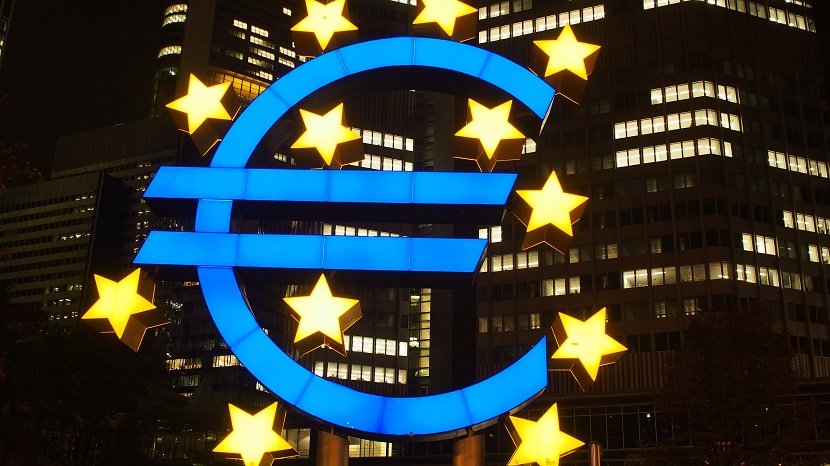Investors should steer clear of European stocks if they are looking for value companies because the risk-reward ratio is still unfavorable due to the continent’s energy crisis, according to Willem Sels, global CIO at HSBC Private Banking and Wealth Management.
While supply bottlenecks and the repercussions of Russia’s war in Ukraine on oil and food prices carry on to disrupt GDP and push central banks to assertively tighten monetary policy to keep inflation under control, the macroeconomic outlook in Europe remains gloomy.
When searching for value stocks—companies that sell at a low price corresponding to their financial fundamentals—investors frequently focus on European markets. Value stocks are businesses that produce reliable longer-term financial gains.
However, Sels argued that despite Europe being a less expensive market than the U.S., the difference between the two in price-to-earnings ratios, which measure how much a company is worth assuming its actual share price, corresponding to its earnings per share, does not “make up for taking the additional risk.”
Also, he cautioned against investing in Europe due to lower valuations and interest rate fluctuations last week.
Sell doesn’t think that clients and investors should look at making the geographical allocation on the basis of style. He believes that they should do it on the basis of the economic and earnings outlook.
Meanwhile, next month marks the beginning of the earnings season, and analysts anticipate that in the near future, profit downgrades will predominate globally.
Although they admit that doing so could lead to economic unrest and even a recession, central banks are still determined to raise interest rates to combat inflation.
Nigel Bolton, Co-CIO at BlackRock Fundamental Equities, stated that they saw an economic slowdown, higher-for-longer inflationary pressures, and greater public and private spending to address the short-term repercussions and long-term causes of the oil crisis.
Nevertheless, Europe is rushing to diversify its energy sources because, before the invasion of Ukraine and the ensuing sanctions, 40% of its natural gas came from imports from Russia.
Bolton emphasized that some larger businesses may be able to weather a gas shortage by hedging their energy expenses, which means they pay less than the daily “spot” price. The ability to pass on additional expenses to customers is also a priority.



